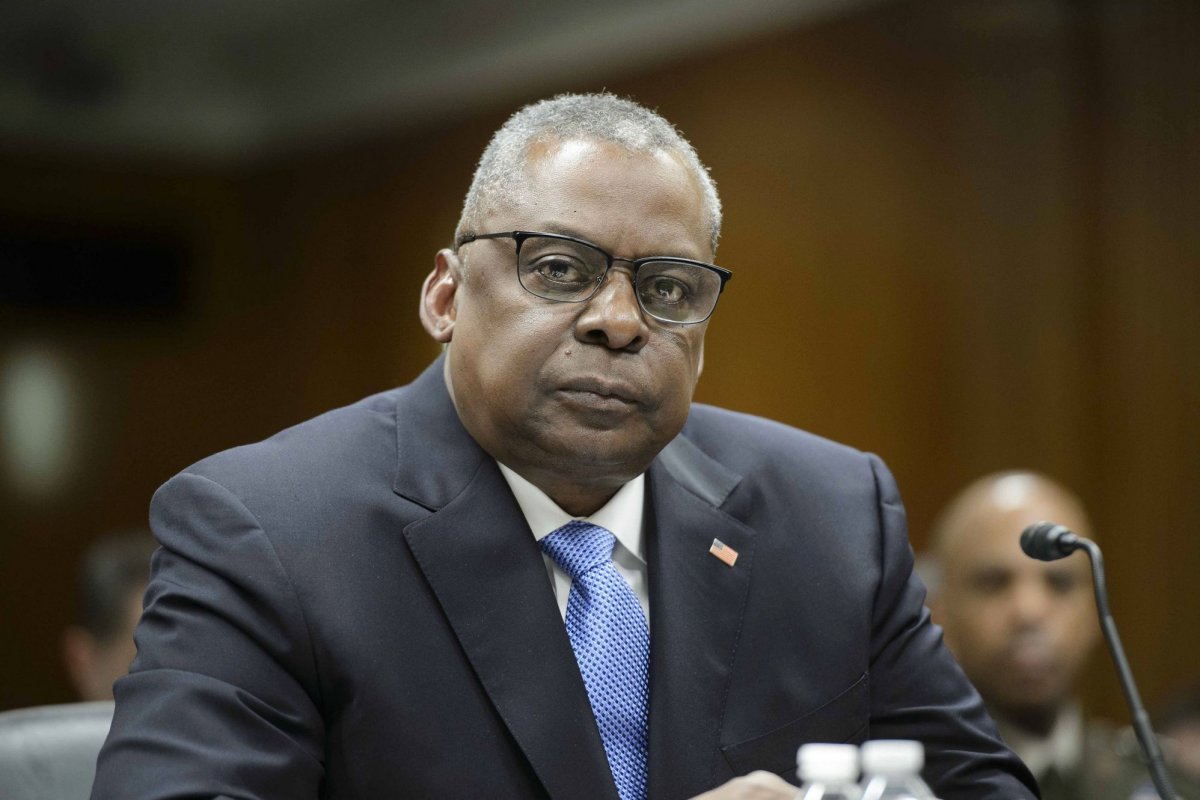Aug. 2 (UPI) — U.S. Defense Secretary Lloyd Austin held a conversation with Mozambican President Filipe Jacinto Nyusi on Wednesday regarding the “security situation” in Cabo Delgado Province, according to the Department of Defense.
Since 2017, a violent insurrection has plagued the northern province of Mozambique, leading to the displacement of over a million individuals.
The Pentagon’s summary of the call states that both leaders expressed their commitment to strengthening the defense and security relationship between the United States and Mozambique.
“During their discussion, the two leaders shared perspectives on Cabo Delgado Province, Mozambique’s role on the UN Security Council, and other regional issues of mutual interest,” as stated in the official release from the Pentagon. “They also addressed priorities for the upcoming months, particularly focusing on the implementation of the Global Fragility Act.”
According to a report by the United Nations Office for the Coordination of Humanitarian Affairs, the violence in Cabo Delgado originated in 2017 when armed individuals attacked police stations in the city of Mocimboa da Praia.
This assault was followed by subsequent attacks carried out by an armed group known as Ahlu Sunna Wal Jama (ASWJ), which is locally referred to as Al-Shabaab, although it is distinct from the Somali group with the same name.
The aforementioned report highlights that “the conflict in Cabo Delgado has its roots in the existing socioeconomic marginalization of northern Mozambique, political and religious ideologies, and exacerbated inequalities caused by the discovery of mineral and natural gas deposits in the region, which have threatened the livelihoods of the local population. In addition to ASWJ/Al-Shabaab’s ideology, poverty and marginalization also contribute to the armed group’s recruitment in the region.”
In April, the European Union imposed sanctions on an Islamic State-affiliated terrorist group in Mozambique. The EU’s decision was made to counter “the ongoing terrorist threat posed by Al-Qaida, ISIL/Da’esh, and their regional affiliates.”
Mozambique has been engaged in a long-standing struggle against the militants in Cabo Delgado and has received assistance from troops provided by Rwanda and other African countries.
Mozambique is collaborating with regional and international allies, such as the Southern African Development Community’s Mission in Mozambique, a peacekeeping mission that has deployed 3,000 troops to combat the Islamic group.
In 2021, U.N. Secretary-General Antonio Guterres expressed shock at the beheadings and kidnappings of women and children that have occurred during the violence in Cabo Delgado.
Denial of responsibility! VigourTimes is an automatic aggregator of Global media. In each content, the hyperlink to the primary source is specified. All trademarks belong to their rightful owners, and all materials to their authors. For any complaint, please reach us at – [email protected]. We will take necessary action within 24 hours.



